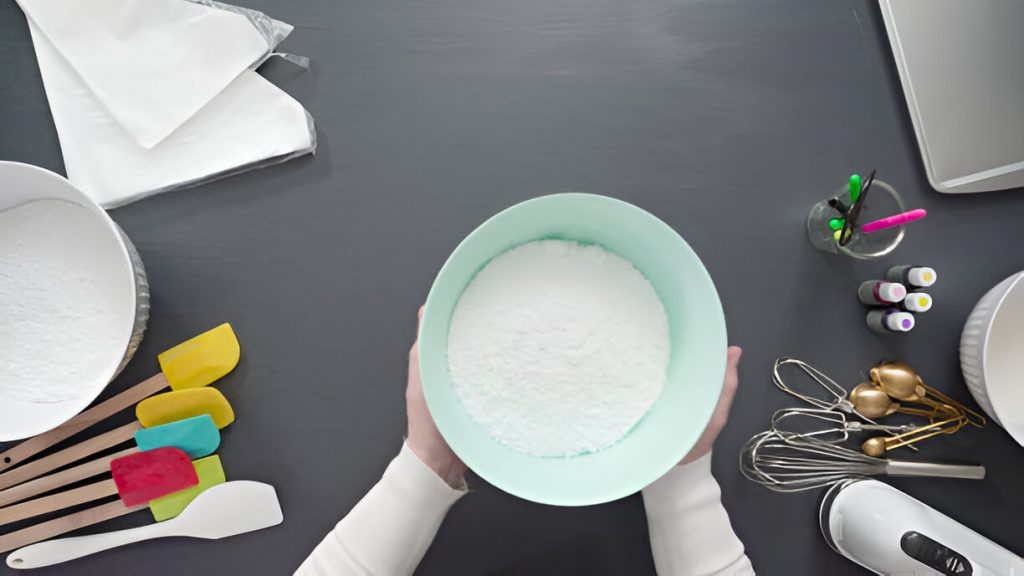There is a lot of nutritional positives to drinking coffee. Just take a look at the nutrients in coffee. And we are not even talking about the benefits of Organic Coffee…
Calories: Black coffee has zero calories!
Essential Nutrients
A lot of the nutrients found in the un-roasted coffee bean can survive and be a healthy positive in the final product we drink.
Studies have concluded that one cup of coffee contains 2-5% of the recommended daily allowance of vitamin B3 and Magnesium, as well as 11%-12% of vitamin B12, 6%-8% of vitamin B5, and 3%-5% of potassium and manganese. That may not seem like much, but do remember, most people drink more than one cup per day.
Studies have also shown that a single cup of coffee has 7 milligrams of magnesium, and our recommended daily requirement for magnesium is 320mg for females, and 420 for males). United States diets are severly lacking in whole grains, fruit, and vegetables, and on average, our diets miss on that daily-recommended intake by 100mg. That gap closes a bit when you’re enjoying 3-5 cups of coffee a day.
Additionally, the potassium in a cup of coffee is beneficial. There’s is about 120 milligrams of potassium in every cup of coffee, and our daily-recommended dose is 4,000mg. That may sound like much, or even being close to the requirement, but multiply that by 3-5 cups and it adds up!
Fiber
Studies have shown that a single cup of coffee can provide you with almost 2 grams of the necessary daily fiber intake of 20-38 grams. Again multiply that by 3-5 cups and it makes a difference.
Antioxidants
Other healthy properties that go along with promoting the benefits of coffee comes from the antioxidants that occur naturally in the coffee seed, or bean.
A single cup of coffee has more antioxidants than eating an orange, or some raspberries, grape juice, and even the polyphenol rich blueberries.
These antioxidants can drastically reduce inflammation, can be very helpful with weight loss, as well reduce the risk of diseases and sickness caused by inflammation, such as cardiovascular disease and diabetes.
Quinine
Coffee is very rich in one very strong type of antioxidant known for its ability to ward off diseases called quinine. The best part about quinine is that it becomes stronger after the coffee beans are roasted. When quinine combines with magnesium, another element found naturally in coffee, they have a positive effect on blood sugar levels, and can also boost athletic performance.
Cafestol
Cafestol is also found in decaffeinated coffee. It acts as a modulator for bile acid in the intestines. It also behaves as an anti-inflammatory substance in the brain, which may mean it’s responsible for slowing down the signs of mental aging and cognitive decline.
Plant Phenols
Another type of antioxidant found in coffee is plant phenols. Plant phenols are similar to the antioxidants found in berries, and are responsible for protecting the body from cellular damage, as certain types of cancer, and cardiovascular diseases.
They are also known for breaking down lipids and carbohydrates in the body, which helps with the weight loss process.
Trigonelline
This compound is the bitter alkaloid found in coffee, and is responsible for coffee’s unique aroma. It has antibacterial properties that support oral health, and help kill bacteria that cause gum disease and cavities.
Chlorogenic Acid
This compound plays an integral role in antioxidant, anti-inflammatory, and antibacterial activities in the body. It can also enhance insulin function in the body, which means it’s able to fight diabetes.
Melanoidins
Melanoidins are responsible for coffee’s enticing aroma when it’s roasted since these compounds are formed during the roasting process. They have antibacterial and anti-inflammatory properties.




